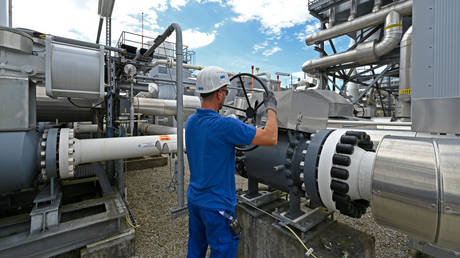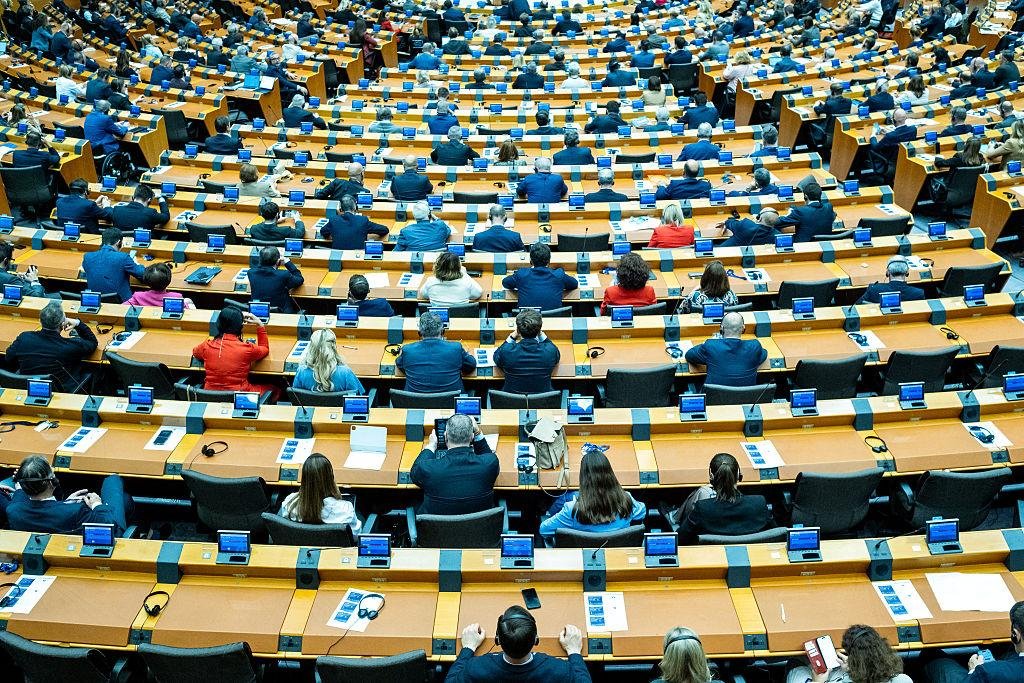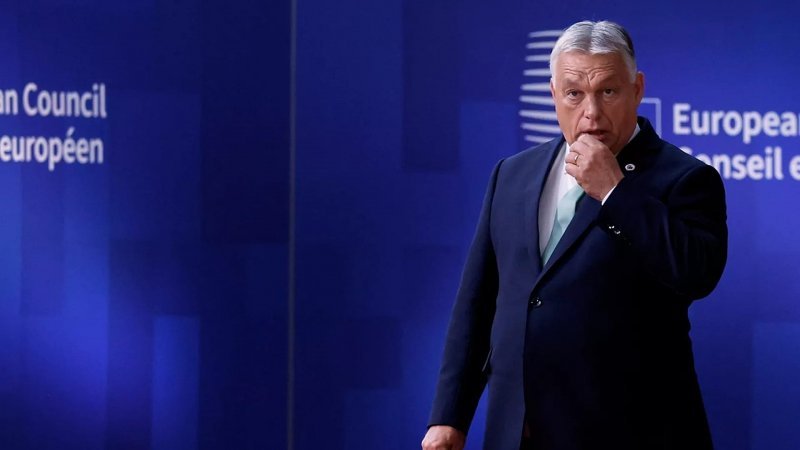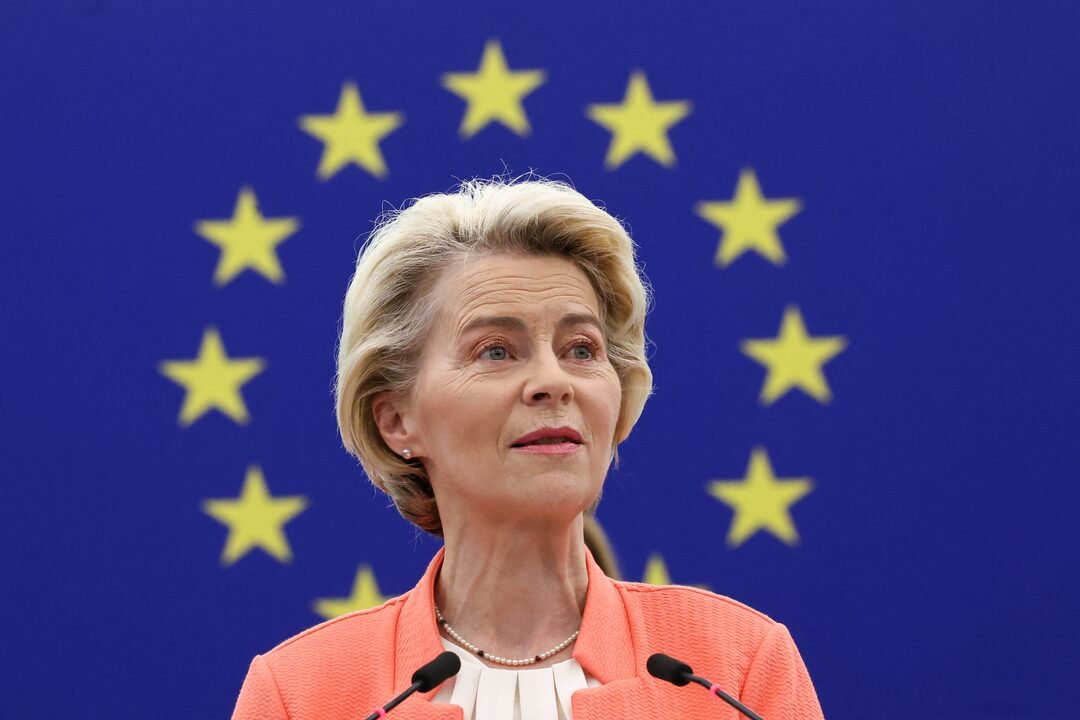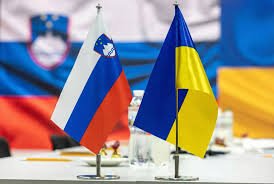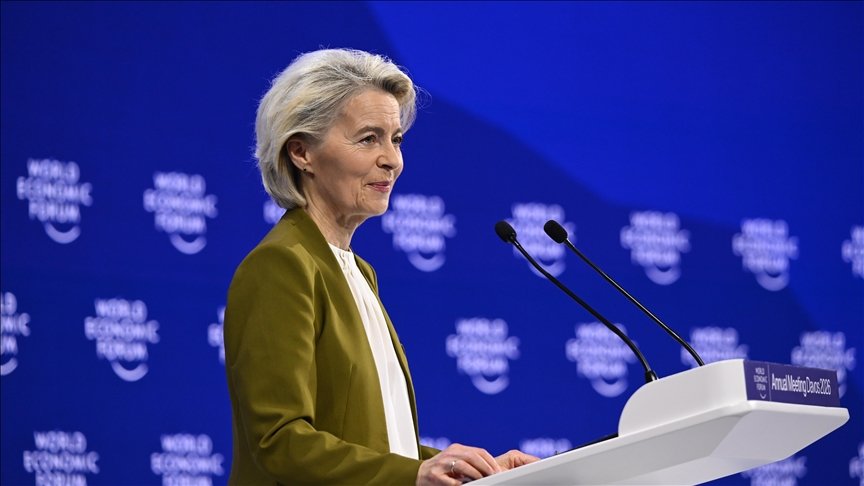Vienna, August 04, 2024, The Europe Today: Austria’s ruling coalition has reportedly reached a landmark decision to eliminate the country’s reliance on Russian gas by 2027. The announcement, made on Saturday by media outlet Kurier, cites a draft document outlining the strategic move in alignment with broader European Union goals.
This decision is a significant step towards reducing Austria’s dependence on Russian energy imports, aimed at safeguarding the economy and households from potential price and supply risks. The draft agreement states that the initiative is in line with the European Commission’s objective to phase out Russian natural gas across the continent by 2027.
“Austria is committed to these goals,” the document reads, emphasizing the nation’s dedication to the EU’s energy transition strategy. The phase-out is part of a comprehensive plan to transform Austria’s energy system, focusing equally on decarbonization, security of supply, and affordability for households, businesses, and industry. The agreement also highlights the importance of providing robust support to households and businesses during this transition.
The Green Alternative Party, a key player in the governing coalition, reportedly drove the decision. This move was the final hurdle in the coalition’s negotiations on the new security strategy, initially slated for completion by the end of last year. In exchange, the Austrian People’s Party (OVP) agreed to the Greens’ demand, securing their approval for Finance Minister Magnus Brunner’s candidacy as the European Commissioner in the next term.
The Austrian Security Strategy is now set to be finalized by the Federal Chancellery and is expected to be presented in the coming weeks. However, the path to achieving the phase-out by 2027 remains uncertain. The Social Democratic Party of Austria (SPO), the second major party in the parliament, recently rejected the Greens’ Gas Act. Additionally, the previous government extended the contract with Russian state energy giant Gazprom until 2040, complicating the transition.
Gazprom currently supplies between 80% and 90% of Austria’s gas. Despite a dramatic decline in imports following Western sanctions and the Nord Stream pipeline sabotage in 2022, Gazprom has increased natural gas deliveries to Europe by nearly a quarter in recent months. The EU has compensated for the shortfall with LNG imports from other countries, including the US, which has become the bloc’s primary gas supplier, leading to significant cost increases for European consumers.
Meanwhile, Russia has redirected its gas exports eastwards, boosting sales to Beijing to nearly half of pre-2022 levels.
As Austria embarks on this ambitious energy transition, the success of the plan will depend on navigating political challenges and ensuring the continued stability and affordability of the nation’s energy supply.
